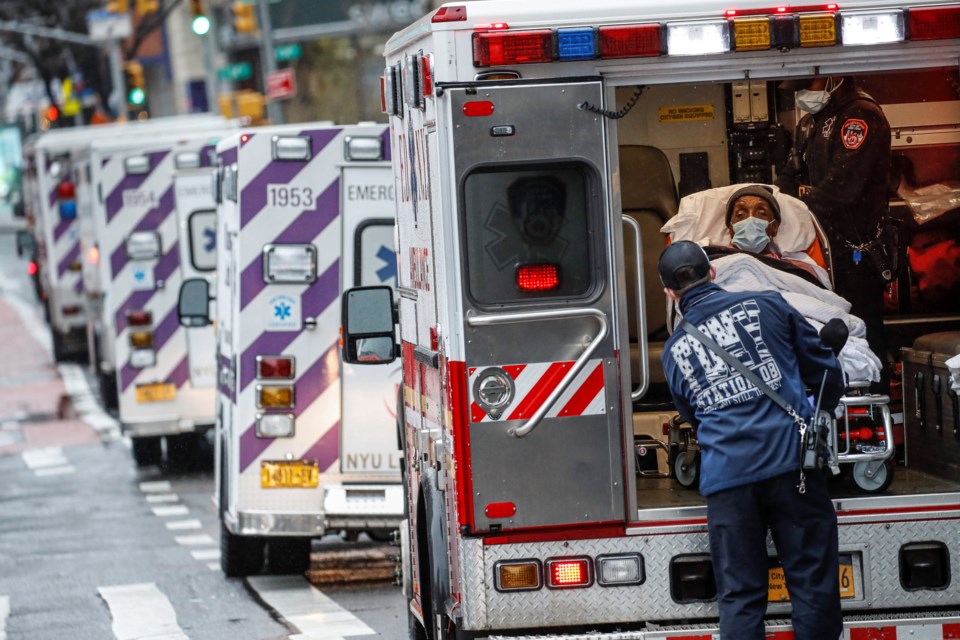Thousands of scientists around the world are working on problems raised by the COVID-19 pandemic. Here is a summary of some recent research from peer-reviewed academic journals and scientific agencies:
---
University of Calgary and University of Alberta researchers are beginning another trial of the controversial antimalarial drug hydroxychloroquine to see if it helps people diagnosed with COVID-19. The drug is undergoing several trials around the world to assess its effectiveness after a paper from French researchers claimed success.
---
More concerns have been raised about a paper published by French researchers claiming success in using the antimalarial drug hydroxychloroquine. The society responsible for the journal that published the paper — often cited by supporters of the drug — has said that the research didn't meet its standards. Now, the publisher of the journal has said it has received enough concern about the paper's research to put it through additional independent peer review to see if those concerns are justified.
---
Health Canada has approved a clinical trial of the antiviral drug Virazole, known generically as ribavirin. The trials are to be run by the Quebec-based Bausch Health Companies. Virazole works to stop a virus from spreading within the body and may help to reduce the severity of novel coronavirus infections. It is hoped the drug will reduce respiratory trouble for COVID-19 patients. The trials, to begin in a few weeks, are to test the drug in combination with standard care therapy for patients who are at least 18.
---
The U.S.-based Centers for Disease Control and Prevention has published research indicating that the vast majority of COVID-19 patients who have had to be hospitalized suffered from other conditions as well. Over four months of monitoring, researchers found that nearly 90 per cent of patients had one or more underlying conditions, the most common being obesity, hypertension, chronic lung disease, diabetes and cardiovascular disease. It also found that black people were hospitalized at a rate higher than their population share.
---
An opinion piece in the Journal of the American Medical Association warns of the mental-health consequences of long-term physical distancing. It notes Mental Health UK has already issued psychological first-aid guidance. It says digital technologies can alleviate loneliness and those that involve voice and/or video are better to straight text, suggesting the need for outreach programs so that social support can be provided. It also recommends establishing routines, especially for school children and urges monitoring for those at risk from domestic violence.
---
Research in the New England Journal of Medicine reports good results from treating 53 COVID-19 patients with remdesivir, an antiviral originally tested on Ebola patients. It says 36 of the patients improved. Some showed better breathing and some were discharged from hospital. The results have been heavily criticized for not having a control group to compare against.
---
The University of Alberta has published research in the Journal of Biological Chemistry that suggests remdesivir is effective against the novel coronavirus in laboratory settings. Scientists found the compound could stop the virus from replicating itself by blocking the action of a crucial protein. They achieved similar results with other viruses in the same family as the novel coronavirus, including MERS and SARS.
---
This report by The Canadian Press was first published April 14, 2020
Bob Weber, The Canadian Press

